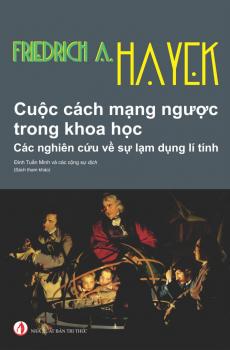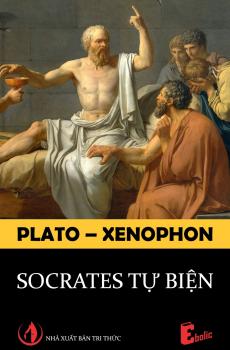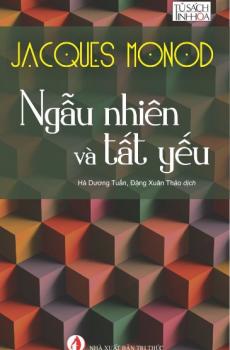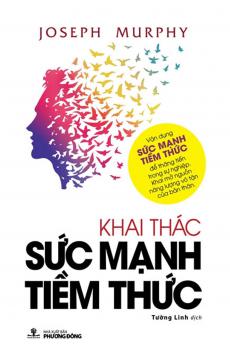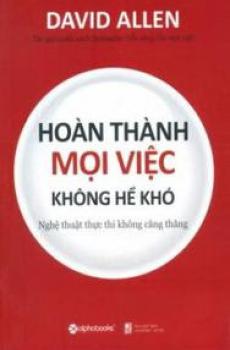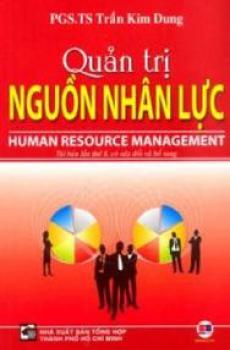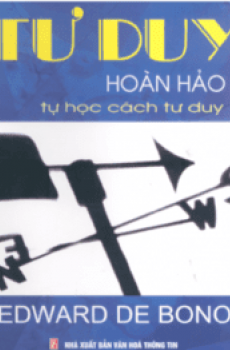How We Think
How We Think
Đăng nhập để đọc sách và tải về file pdf miễn phí
| Nhà xuất bản | BOSTON NEW YORK CHICAGO |
|---|---|
| Nhà xuất bản sách tiếp cận | Public domain |
| Năm xuất bản | 2011 |
| Coppy right | Chưa rõ |
Our schools are troubled with a multiplication of studies, each in turn having its own multiplication of materials and principles. Our teachers find their tasks made heavier in that they have come to deal with pupils individually and not merely in mass. Unless these steps in advance are to end in distraction, some clew of unity, some principle that makes for simplification, must be found. This book represents the conviction that the needed steadying and centralizing factor is found in adopting as the end of endeavor that attitude of mind, that habit of thought, which we call scientific. This scientific attitude of mind might, conceivably, be quite irrelevant to teaching children and youth. But this book also represents the conviction that such is not the case; that the native and unspoiled attitude of childhood, marked by ardent curiosity, fertile imagination, and love of experimental inquiry, is near, very near, to the attitude of the scientific mind. If these pages assist any to appreciate this kinship and to consider seriously how its recognition in educational practice would make for individual happiness and the reduction of social waste, the book will amply have served its purpose.
It is hardly necessary to enumerate the authors to whom I am indebted. My fundamental indebtedness is to my wife, by whom the ideas of this book were inspired, and through whose work in connection with the Laboratory School, existing in Chicago between 1896 and 1903, the ideas attained such concreteness as comes from embodiment and testing in practice. It is a pleasure, also, to acknowledge indebtedness to the intelligence and sympathy of those who coöperated as teachers and supervisors in the conduct of that school, and especially to Mrs. Ella Flagg Young, then a colleague in the University, and now Superintendent of the Schools of Chicago.
New York City, December, 1909.



